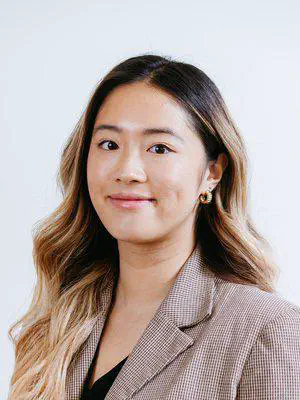Towards Addressing Ableism on Social Media

Abstract
Social media is essential for the disability community as an accessible alternative to socialize with others, advocate, and educate others about disability, and provide emotional and information peer support between disabled* people. While social media has fostered a sense of belonging for the disability community, disabled social media users are targets of ableism and disability-related hate online. Similar to other historically marginalized individuals, disabled people are more at-risk of experiencing identity-attacks that are damaging to their psychological and emotional well-being and may lead to self-censorship. The very platforms used for community support may also facilitate further marginalization of disabled people. In this talk, I will share my existing contributions in understanding ableism on social media: (1) ableist microaggressions experienced by disabled social media users and (2) ableist hate and harassment experienced by disabled content creators. I will highlight different forms of ableism, including ableist speech (e.g. mocking & invalidating disability identity) and instances of platform-enabled ableism (e.g. wrongful censorship). Throughout, I will emphasize the immediate emotional harm and the long-term impact of experiencing ableism online. I will then present my ongoing work towards addressing ableism on social media, including designing moderation tools to mitigate the harm of viewing ableist content. *We use the term disabled people, since identity-first language is preferred by disability rights groups, the disability justice movement, and mimics the language our participants used.
Resource for Attendee: None
Seminar Details
Presenter Bio
Sharon Heung is a PhD Candidate at Cornell Tech advised by Aditya Vashistha and Shiri Azenkot. Her work is at the intersection of accessibility, human-computer interactions, and digital safety. Her research aims to understand platform-enabled ableism on social media to better support disabled people’s self-expression and safety online. This includes examining disability-related discrimination by other users and how platforms facilitate and exacerbate such harmful experiences. She hopes to reimagine a more inclusive digital space with and for the disability community. Prior to Cornell, she received her bachelor’s in Human Centered Design and Engineering at the University of Washington and worked at AT&T’s Experience Design Studio research team. Her work has been supported by the NSF Graduate Research Fellowship.